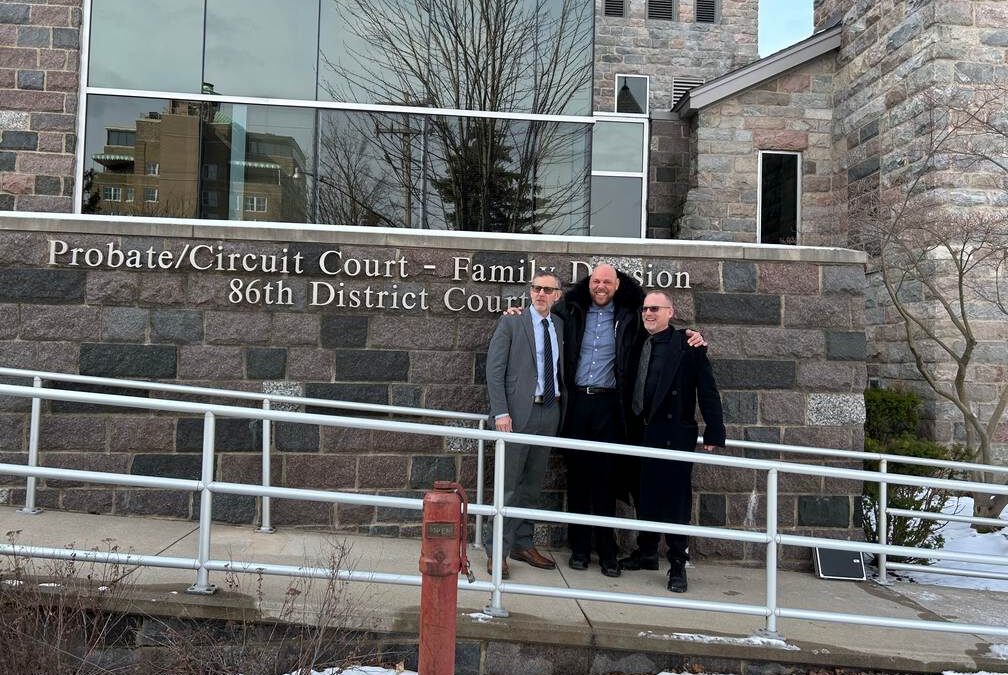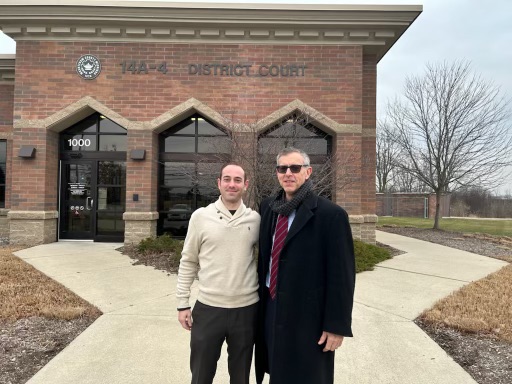Driving under the influence of cannabis is illegal and carries serious consequences in Michigan.We have fought and won many cases from the District Courts, Circuit Courts, Court of Appeals and the Supreme Court through out the State of Michigan. We have also fought...
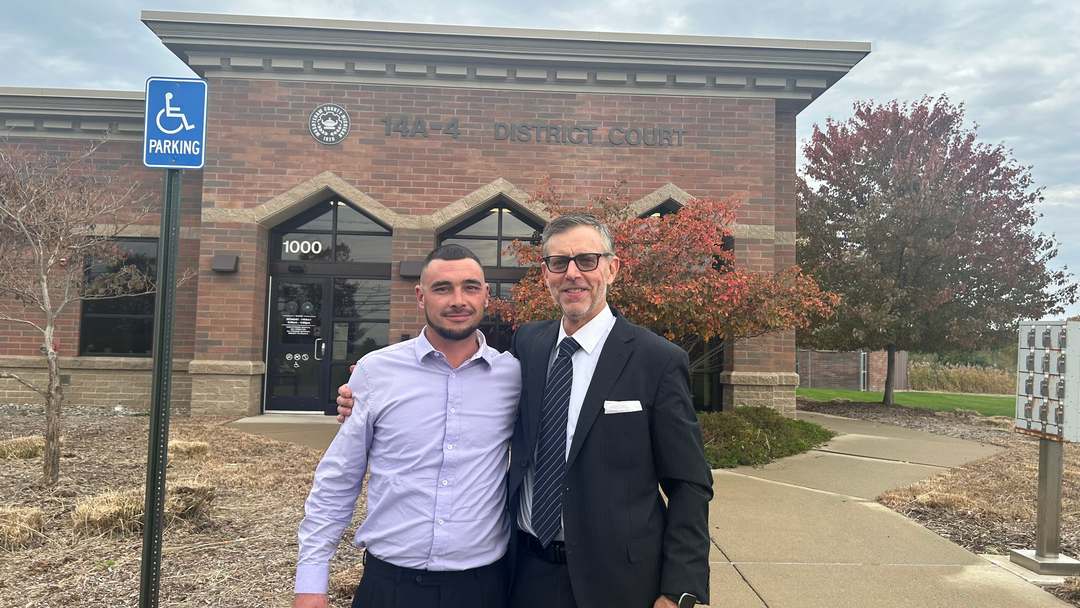
Victory for the Fourth Amendment in Court
The fourth Amendment lives to see another day.
Komorn law is pleased to report another victory for a client entangled in the justice system.
After a lengthy evidentiary hearing, we heard the magic words stated from the Court,
For these reasons I am going to grant the defendants motion to suppress the evidence seized (our client’s blood) because probable cause did not exist to arrest the driver.
Background
This case was initiated back in January of 2021. Originally charged as a driving under the influence of cannabis, as we see in so many cases, the driver admits to smoking cannabis at some point prior to driving.
After performing some field sobriety tests most people could not pass sober on a warm windless day… you have an arrest. This leads to a blood draw and some charges alleging you were intoxicated while operating a motor vehicle.
Delay of Game
This case was delayed, mostly because in 2022, the Michigan State Police Forensic Science Division (MSP/FSD) announced that it was halting THC testing because the toxicology test used a reagent in the preparation of the sample that converted CBD to THC.
Over 3,000 cases may have been impacted by inaccuracy of Michigan State Police marijuana testing
The MSP/FSD then shut itself down, to establish a new THC testing platform. Allegedly, to avoid a backlog during the offline period beginning in August, the FSD outsourced some (700) samples to a private toxicology lab.
Upcharged
It was at that time the State amended the charges in this case from a driving under the influence of marijuana to Operating Under the influence of a combination of Alcohol and a controlled substance (marijuana).
It should be noted that our clients blood alcohol level was below the legal limit, however for reasons that are not supported by science, logic or law, the States theory of criminality was a below the legal limit alcohol level and the presence of THC in the blood.
Officer Report
The story of this case began where it should have ended, at the traffic stop. The arresting officer claimed he observed our client driving with expired tags.
When the officer got behind our client’s vehicle, my client was aware that his tags were expired and upon seeing the police vehicle driving behind him, pulled into a driveway he was familiar with and had done work at that house before.
Upon observing this behavior, the officer became extremely suspicious and after passing by the driveway our client had pulled into, circled back around and waited for our client to depart from the driveway he had pulled into.
Sure enough when our client began to drive again, the office caught back up to our client, followed him for approximately 3/4 of a mile before turning on his sirens and pulling our client over.
Upon approaching the driver, screaming at my client, the officer demanded to know why the driver was “ trying to short block him”.
What do you have in the car, where are you going, why are you being so suspicious and what is wrong with you. Our client tried to explain, his other vehicle wouldn’t start that night, and he was forced to use this vehicle he was driving despite knowing it did not have current registration of the plates.
The officer did not believe our client, claimed he smelled marijuana in the car, and ordered my client out to perform the field sobriety tests.
The Evidentary Hearing
The issue we raised was at the evidentiary hearing, was that probable cause to arrest under these circumstances was not supported by the evidence.
In addition to the police reports the in car video and body cam evidence, was a treasure trove of exculpatory evidence, which supported our position.
After a very thorough cross examination of the arresting officer, including but not limited his training in Field sobriety testing and his substantial compliance with the standards prescribed by the National Highway Traffic Safety Administration (NHTSA).
“Standardized field sobriety test” means 1 of the standardized tests validated by the National Highway Traffic Safety Administration. A field sobriety test is considered a standardized field sobriety test under this section if it is administered in substantial compliance with the standards prescribed by the National Highway Traffic Safety Administration.”MCL 257.62a.
The Court agreed with our position and suppressed the evidence that was seized based upon the illegal arrest and violation of my clients 4th amendment right to be free from illegal searches and seizures.
Charged With DUI or A Cannabis Related Crime?
Hire a Lawyer that has specialized in fighting for those that want to take a stand against the “justice system”
FREE CASE EVALUATION
When You Stand Up For Your Rights
A big shout out goes to our client for having the courage to fight the state on this silly over charged and baseless crime.
When you take a stand and fight for your rights… the cost to hire a lawyer can end up to be less than what the system will takes from you.
Additionally, the Judge in our case was patient, objective, composed and impartial exhibiting some of the best qualities and demeanor from the bench in recent memory.
A Reminder
Limit chit chat and interacting with a police officer during a traffic stop. Admitting to smoking cannabis, although legal, in these situations almost always creates suspicion for officers, that will surely result in the driver being asked to step out of the car so the officer can determined if you are safe to drive.
A driver is not required to participate in providing evidence to the police that will help convict that driver. Participating in the field sobriety testing is not required, and most people should not presume that independent of their self perceived athleticism, that they will satisfy the officers concerns by taking these tests. It is ok to say, my lawyer has told me not to take these tests.
In this case, there was literally no bad driving or even the suggestion that my client was driving less prudent than the normal driver. This case was made by, manufactured by the admission of “ smoking cannabis” and not satisfying the arresting officers requested tests.
It was a good day and the fourth Amendment is still a thing for now.
Did You Know
Michigan State Police Legal Updates
MSP Legal Update No. 153 (01/2023)
- Search & Seizure: The smell of marihuana, standing alone, no longer constitutes probable cause to search for that substance
- Vehicle Code: Violation for impeding traffic requires evidence the accused’s conduct actually affected the normal flow of traffic.
Legal Update No. 153 (01/2023)
MSP Legal Update No. 150 (01/2022)
- Vehicle Code: Persons under the age of 21 may be prosecuted for operating a motor vehicle with the presence of marihuana in their system
- Criminal Law: Ethnic intimidation based on gender includes harassing or intimidating another person because of the actual or perceived gender of that person.
Legal Update No. 150 (01/2022)
Legal Update No. 148 (09/2021)
Legal Update No. 148 (09/2021)
Legal Update No. 147 (03/2021)
More Posts

Legal Tip – Driving High on Cannabis in Michigan

Michigan House Bill NO. 4391
It may just be easier to collect and analyze tears.This legislation seeks to integrate saliva testing for cannabis within law enforcement procedures, designating a refusal to participate in this testing as a criminal offense, similar to the penalties imposed for...
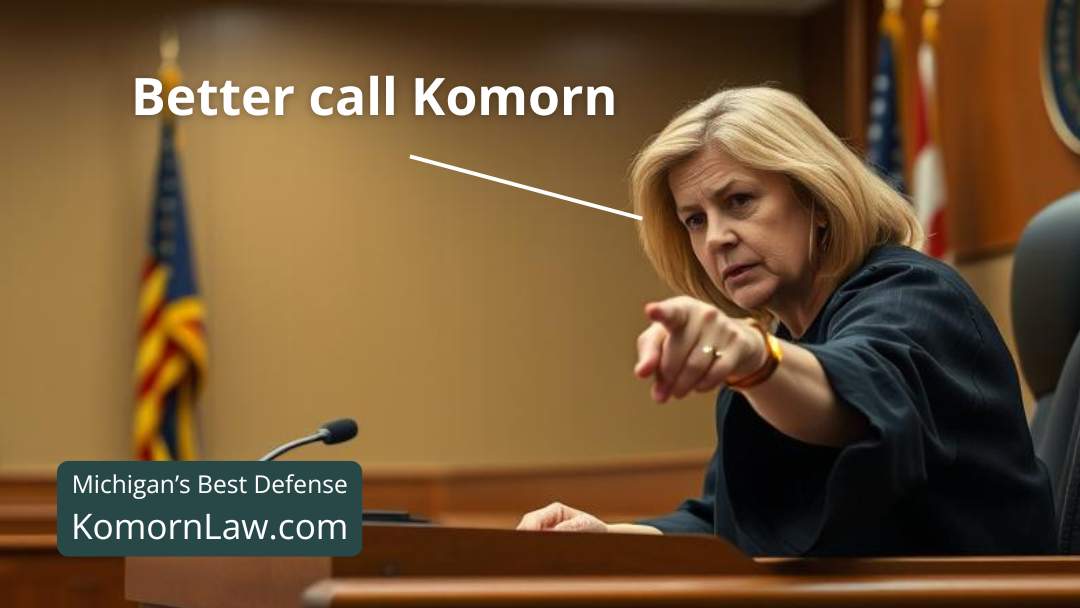
Legal Tip – Your Rights During a DUI Stop in Michigan
Komorn Law - Quick Legal TipsLegal Tip: Understanding Your Rights During a DUI Stop in Michigan A DUI stop can be stressful, but knowing your rights is crucial. You have the right to remain silent. You are not obligated to answer questions beyond basic identification....
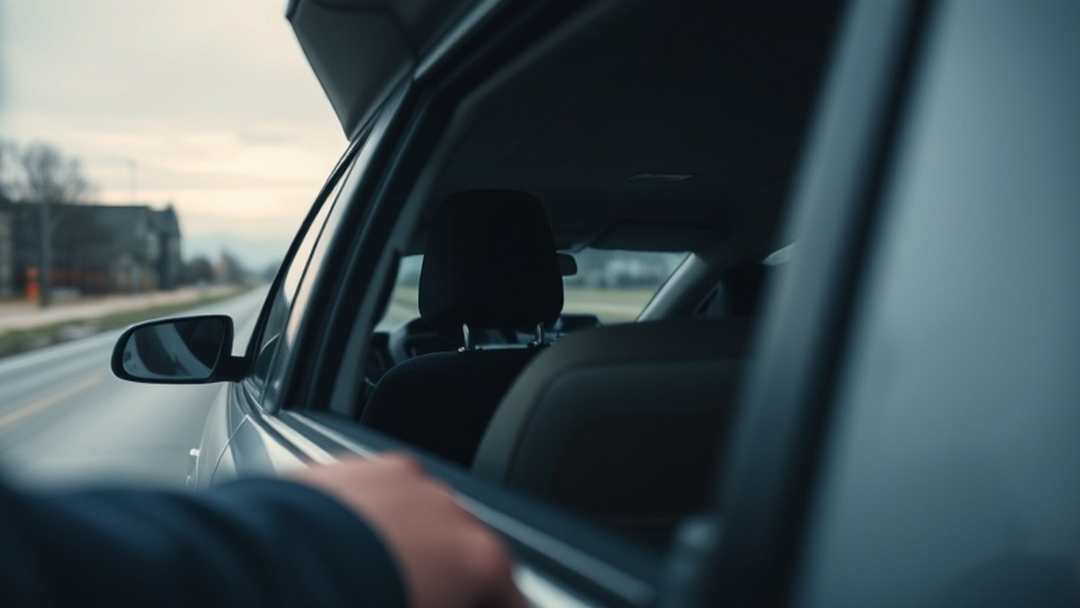
How Much Does It Cost To Hire a Criminal Defense Attorney?
Don't do the crime - if you can't pay the price.Average Flat Fees. Some criminal defense attorneys charge a flat fee for certain types of cases, instead of billing by the hour. This may or may not include filing fees, motions, fees, etc. Flat fees include: DUI/DWI –...

What do you do when you are pulled over for suspected DUI?
If you are pulled over for suspected drunk driving you are probably going to be arrested. The less you say - the better off you are in the long run. If you find yourself being pulled over for suspected DUI, ensure you pull over safely to the roadside, maintain a...

One of Michigan’s Top DUI Attorneys
We aggressively defend all aspects of traffic law, from simple civil infractions to more serious alcohol and drug-related offenses. Don't wait till the last second to get an attorney. That's how you lose.Why Attorney Michael Komorn is one of Michigan’s Top DUI...

Michigan DUI Laws and Consequences – Second Offense
Michigan DUI Laws and Consequences – Second Offense Operating Under the Influence (OUI) is a serious offense in Michigan. If someone is caught driving under the influence of alcohol or drugs, they can face severe penalties. When it comes to a second offense, the...

Federal Ban on Owning Firearms by Cannabis Consumers is Unconstitutional Court Says
Federal charges against a non-violent, cannabis-using gun owner were unconstitutional.A federal appeals court panel upheld a lower court's ruling on Wednesday, declaring that federal charges against a non-violent, cannabis-using gun owner were unconstitutional. “The...

Michigan DUI Laws and Consequences – First Offense
First Offense DUI in Michigan: Laws and ConsequencesFacing a first offense DUI in Michigan can be daunting as the implications are significant and the legal landscape is complex. Understanding the laws surrounding Operating While Intoxicated is essential, as these...

Michigan Appeals Court Decision on Cannabis Use and Probation
Michigan Court of Appeals - Recreational Cannabis Use and ProbationRecently, another pivotal case, People v. Lopez-Hernandez, was decided by the Michigan Court of AppealsAt Komorn Law, we are dedicated to protecting the rights of our clients and staying at the...















